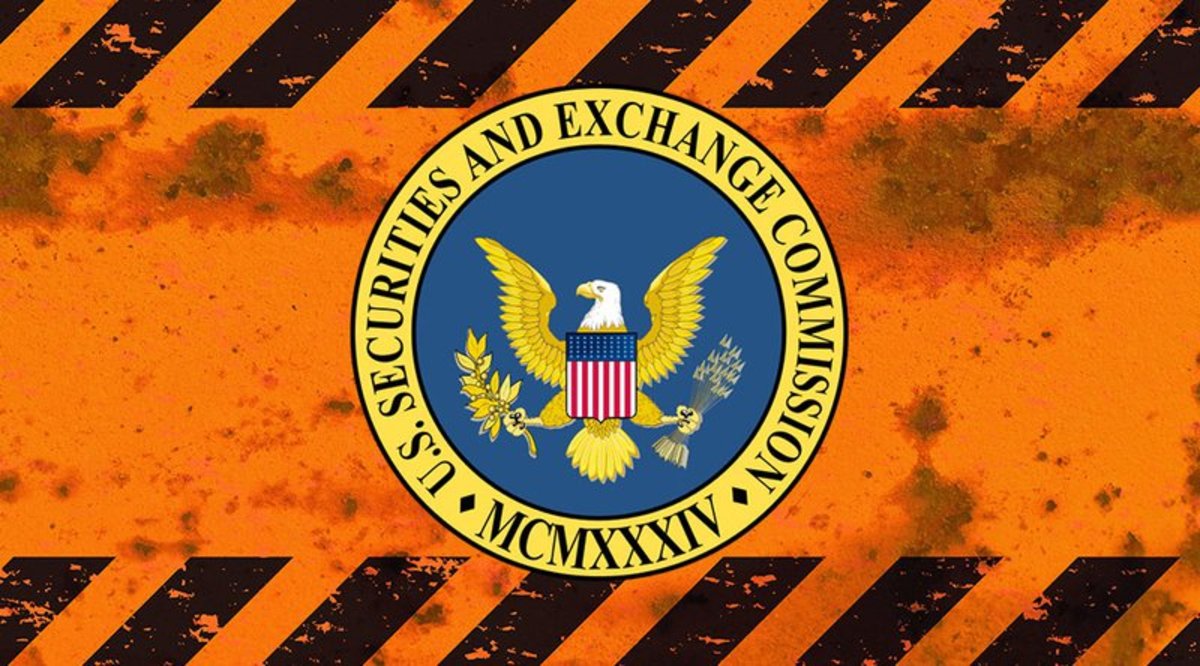
Two securities, one that tracks bitcoin and another that tracks the cryptocurrency ether, have been temporarily halted by a U.S. regulatory watchdog due to investor confusion.
Starting September 9, 2018, the Securities and Exchange Commission (SEC) has suspended all U.S. trading of Bitcoin Tracker One (CXBTF) and Ether Tracker One (CETHF) until September 20, 2018. The exchange-traded notes (ETNs) are issued by Swedish company XBT Provider AB, a subsidiary of U.K.-based CoinShares Holdings.
Per the order, U.S. brokers are barred from trading the ETNs “for any purpose other than to facilitate sales of instruments owned by non-broker customers...” Essentially, this means that broker-dealers can only help their clients to exit these markets to liquidate their positions, while all other trading activity is prohibited until the order expires.
With a caution to “broker-dealers, shareholders and prospective purchasers” to “carefully consider … any information subsequently issued by [XBT Provider AB],” the SEC cited investor confusion as a primary reason for restricting investor access to the products.
The confusion is over sales and marketing materials that characterized the products as the more stringently-regulated exchange-traded funds (ETFs), when in fact, they are exchange-traded notes (ETNs), according to the order.
Both types of securities are similar in that they allow investors to participate in the market without having to purchase the physical commodity. The primary difference comes down to risk. An ETF is similar to a stock in that the issuer holds the asset it tracks, whereas an ETN is more like a bond in that it is an unsecured debt. Yet, because ETNs are structured investment products issued by a major bank, as opposed to an asset pool, they come with a lower level of risk.
Bitcoin Tracker One started trading on the Nasdaq Stockholm Exchange in 2015, and Ether Tracker One launched in October 2017.
Bitcoin Tracker One was listed in U.S. dollars for the first time in August 2018, making it easier for brokerages to offer the securities to American investors. Previous to that, investors could only buy into the Swedish ETN product using euros or Swedish kora.
The trading suspension is the latest in the SEC’s increasingly busy engagement with the cryptocurrency industry. In July 2018, the SEC rejected a second attempted ETF filing by the Winklevosses. The following month, it denied nine bitcoin ETF filings at the staff level, but then the Commission decided to review these rejections and re-evaluate the proposals, a move that gave the industry a glint of optimism in a hitherto fruitless effort to secure the institutional-grade product for U.S. markets.










